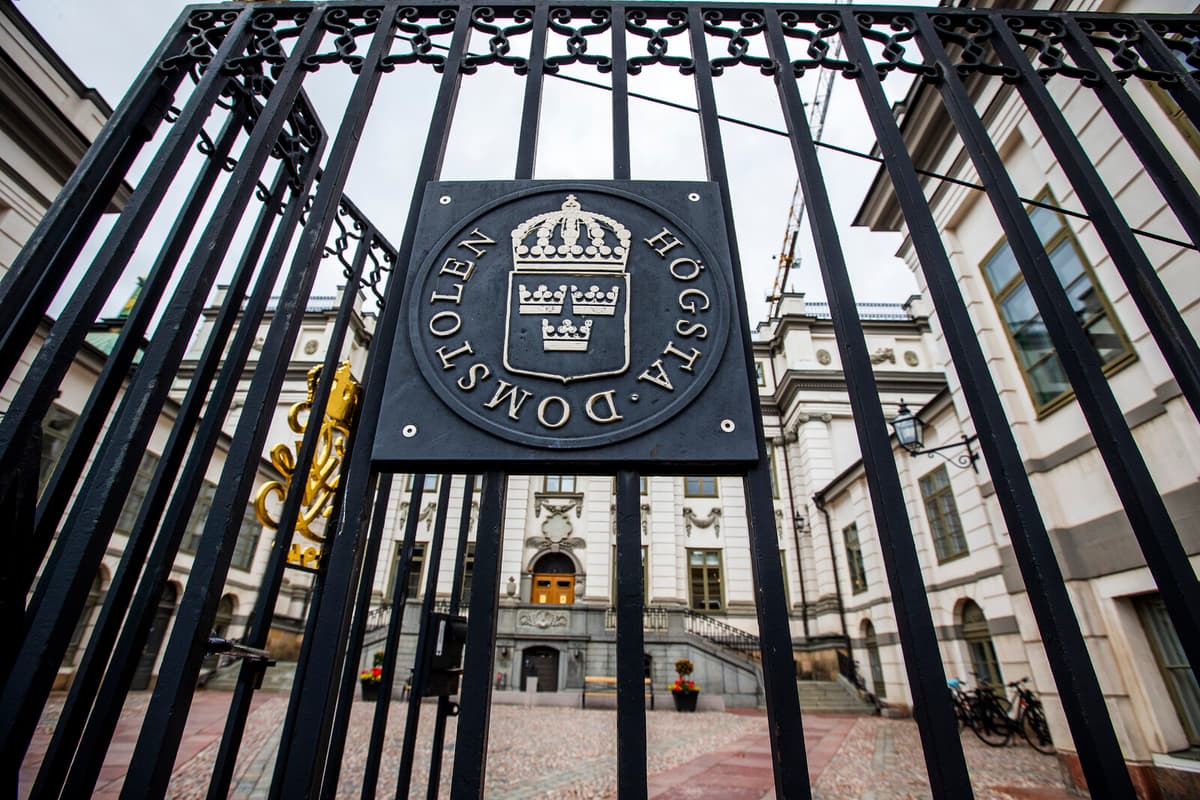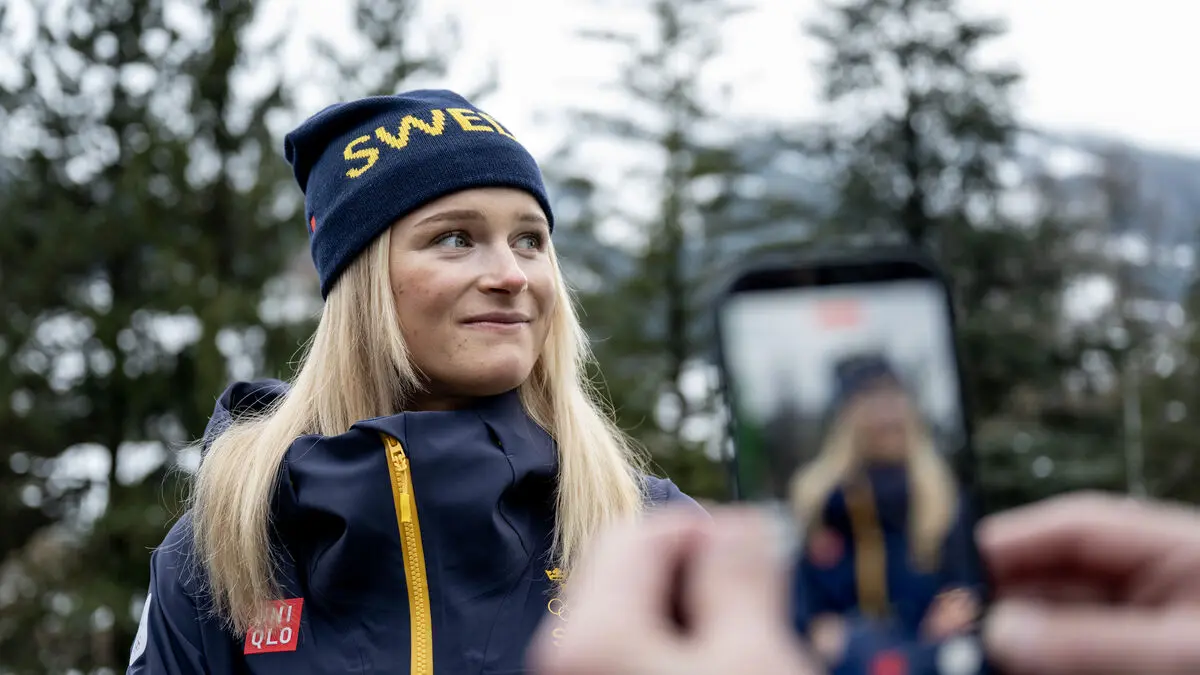The background to the goal in the Supreme Court is that Siren appealed the decisions in Umeå District Court and the Court of Appeal for Upper Norrland, where judgments were handed over to the news agency with new and decisive reservations.
The reservations stated that the documents may only be used in "journalistic activities" and not shared with paying customers in a searchable database – which Siren, with the service Acta Publica, and several other popular legal databases such as Lexbase, Verifiera, and Infotorg, have done for a long time.
GDPR vs. the Constitution
The decision meant a reinterpretation of what should take precedence: the EU's General Data Protection Regulation (GDPR) or Swedish constitutional law – which has made exceptions for media with publishing licenses from EU regulations.
The assessment now is that EU law takes precedence over Swedish legislation regarding publishing licenses, said Court of Appeal President Erik Sundström to Journalisten after the Court of Appeal's decision last year.
The Supreme Court now largely confirms that the Court of Appeal's decision was correct: the total exemption that has applied to media has not been compatible with EU law.
The system we have in Sweden, where all constitutionally protected activities are exempt, does not hold, says Justice Petter Asp, who was the rapporteur in the case.
This interpretation that we are making now could have been made earlier as well.
The Supreme Court's judgment means that Siren will receive the judgments subject to the condition that they may not "be made available to the public or paying customers" if they thereby gain access to personal data. They may not make it possible for others to search for individual persons in the documents either.
No to Lexbase
At the same time, a decision is announced for the legal database Trobar, which provides companies and organizations with access to information about judgments and other decisions for background checks, but also for journalism or research.
The Supreme Court rules that Trobar may not conduct this type of activity either.
Similar cases regarding the legal databases Lexbase, Verifiera, and Infotorg are not taken up for review, as guidance is already provided in the aforementioned judgments, the Supreme Court announced on Tuesday.
This means in practice that legal databases in Sweden cannot continue their operations?
The conditions for building up such databases in order to share personal data, no, that will not be possible, says Petter Asp.
If it is to be allowed again, legislative changes are required, according to Asp.
Corrected: The first judgment only concerns Nyhetsbyrån Siren and no other actors.






